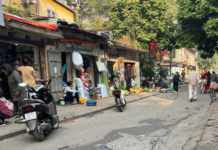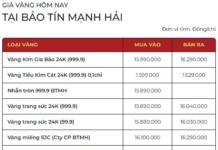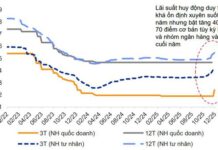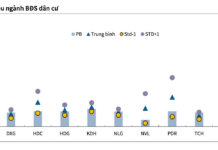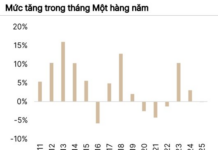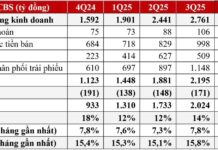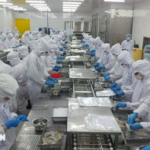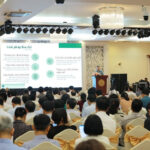U.S. President Donald Trump recently voiced concerns over the impact of China’s trade negotiation tactics on American soybean farmers.
“In four weeks, I will meet with President Xi of China, and soybeans will be a key topic. Our soybean farmers are being hurt by China’s refusal to purchase, solely due to ‘negotiation’ reasons,” Trump stated on social media Wednesday (October 1st).
Following his remarks, soybean futures surged by 1.9% before stabilizing, marking the largest intraday swing since August 21st.
“Everything will work out. I love our patriotic farmers—every one of them! Let’s make soybeans and other agricultural products great again!” Trump added.
Trump’s focus on soybeans as a central issue in his meeting with Xi Jinping sends a clear signal: the U.S. views agriculture as a critical vulnerability to address in its trade relations with China. Many soybean farms in the Midwest are under significant pressure due to falling prices and volatile export demand.
As the world’s largest soybean importer, China holds immense influence over the global market. Beijing is now reprising a familiar tactic—halting U.S. soybean purchases—first used during the initial trade war under Trump’s presidency, as both sides maintain a fragile trade truce.
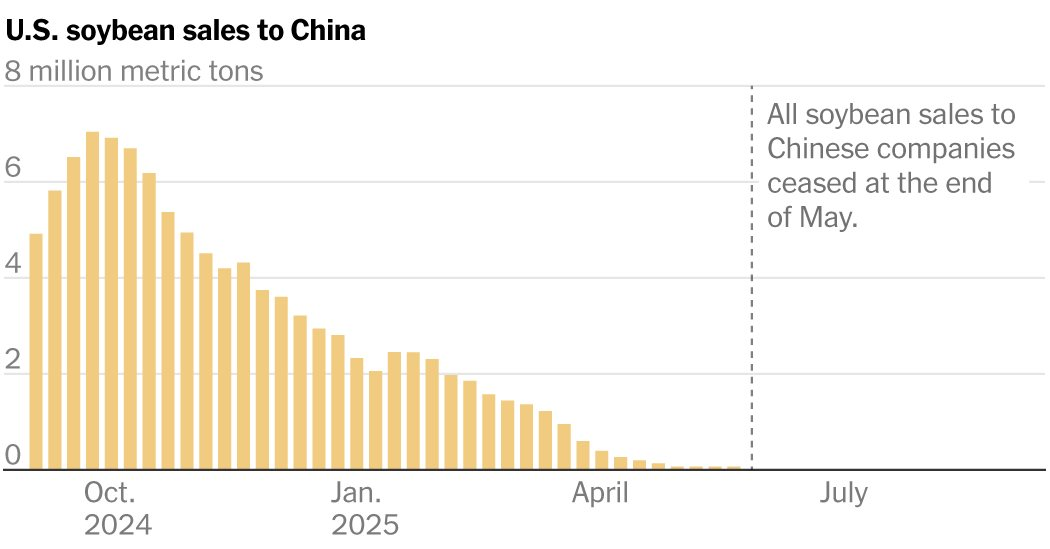
China’s soybean imports from the U.S. halted since May 2025.
According to the U.S. Department of Agriculture, as of September 18th, China has placed no orders for the new harvest—a first since records began in 1999. Instead, the Asian nation has shifted to purchasing large volumes of soybeans from Argentina. Last year, the U.S. exported nearly $24.5 billion in soybeans, with China accounting for over $12.5 billion, far exceeding the $2.45 billion from the EU, its second-largest customer.
The U.S. and China are currently in a trade détente until November, with both sides reducing tariffs and export controls. Earlier this month, Trump spoke with Xi to prepare for their APEC meeting in late October, where trade is expected to dominate discussions.
Trump’s statement came just a day after Republican senators expressed frustration following a meeting with U.S. Ambassador to China David Perdue, who indicated that Beijing has no immediate plans to resume U.S. agricultural purchases. According to the senators, no viable solution exists beyond temporary farmer aid packages.
However, Trump’s plan to fund farmer support with tariff revenues may face legal challenges. Lower courts have ruled his use of emergency powers to impose tariffs as unlawful. If the Supreme Court upholds this decision, the U.S. government could be forced to refund billions to businesses.
Unveiling the Hidden Agenda: The Miss Thuy Tien and the Rot Chi Em Company Scandal
On September 5th, the Investigative Police Agency of the Ministry of Public Security concluded their investigation and transferred the case file and evidence to the Supreme People’s Procuracy. They proposed the prosecution of five defendants, associated with the Chi Em Rot Joint Stock Group, for the crime of “Fraudulent Customers” as stipulated in Clause 2, Article 198 of the 2015 Penal Code.
“ASEAN and India: Revitalizing Trade Cooperation in a Changing Landscape”
The AITIGA audit process is being conducted in a constructive manner, with the aim of making trade easier, more efficient, and beneficial for businesses. This proactive approach is designed to streamline processes and create a more profitable environment for companies to thrive in.
Trade Negotiations Need a ‘Pigs Might Fly’ Approach
“In the world of trade negotiations, it’s all about give and take to strike a successful deal. As Mr. Nguyen Anh Son, Director of the Import and Export Department at the Ministry of Industry and Trade, aptly puts it, ‘It’s like a barter system; you offer pork, and they offer wine.’ Knowing which industries to push forward and which to hold back is key to achieving the best outcome for all involved.”




